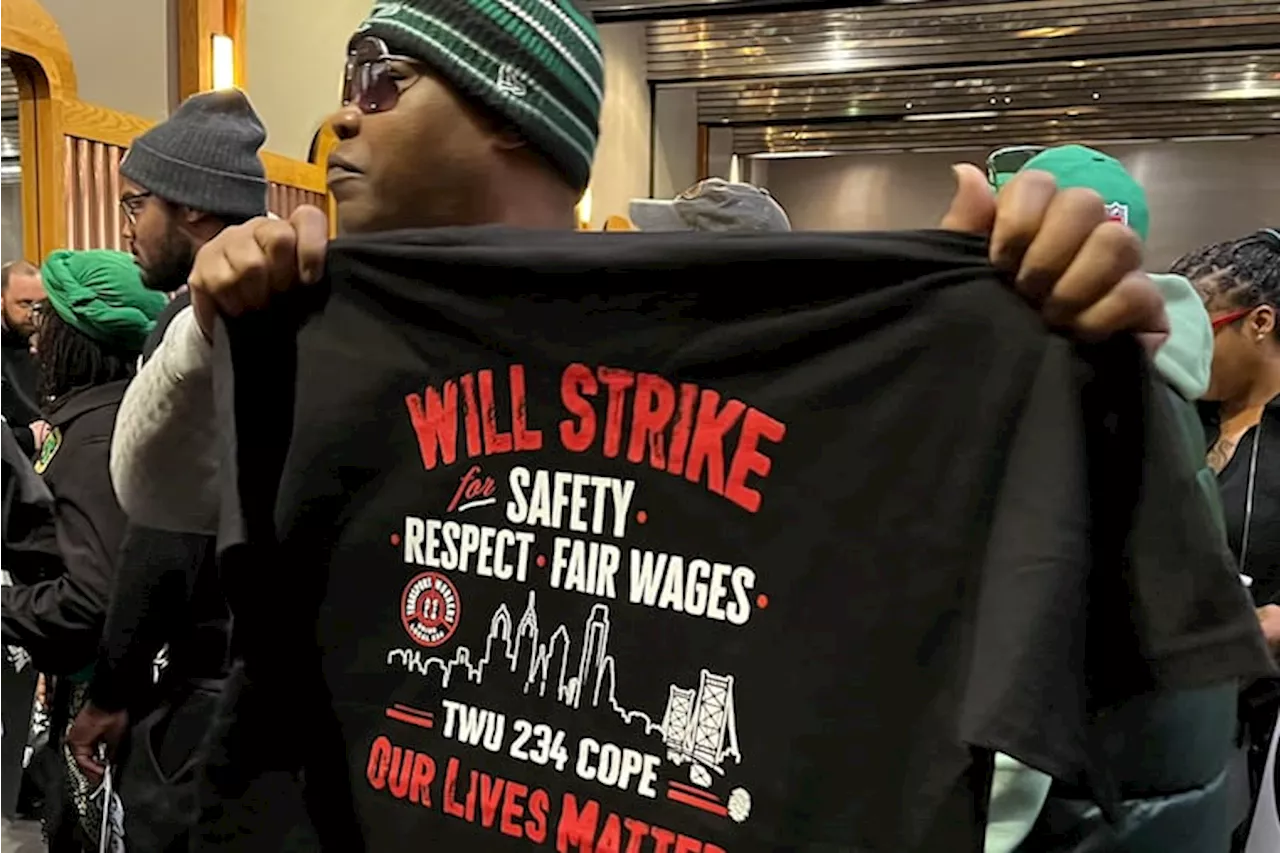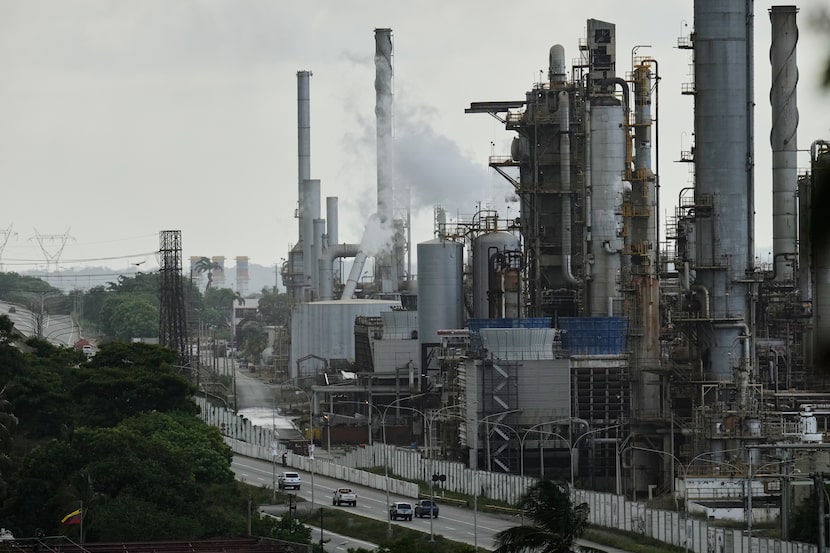Members of the Transport Workers Union Local 234 voted on Sunday to authorize a strike as negotiations with the Southeastern Pennsylvania Transportation Authority (SEPTA) reach a critical juncture. The union, which represents approximately 5,000 workers, is seeking a two-year contract that includes wage increases and changes to work rules that the union deems outdated and burdensome.
Union President Will Vera, who was elected in October, expressed pride in the unanimous vote, stating it provides him with leverage in ongoing discussions. Vera noted that early talks between the union and SEPTA had been amicable but acknowledged that “we all know things can change at any moment.” The workers represented by Local 234 include bus, subway, and trolley operators, along with mechanics and maintenance staff, predominantly based in Philadelphia.
With the backdrop of a newly appointed chief labor-relations officer at SEPTA and the absence of new operating funds in the recently approved $50.1 billion state budget, tensions are palpable. The budget, finalized without additional funds for transit agencies, has raised concerns among union members regarding the future of their negotiations.
In an official statement, SEPTA recognized the union’s authorization vote and emphasized its commitment to “good-faith negotiations” aimed at reaching a fair agreement. However, the union’s leadership is adamant that significant changes are necessary.
Vera highlighted issues with work rules that he believes are remnants of the 1940s, 1950s, and 1960s. He pointed specifically to the transit authority’s reliance on third-party management, which he claims complicates the ability of employees to utilize their sick leave effectively. “Now I’ve been given an opportunity to change this,” Vera stated, reflecting on his twelve years in the local’s leadership.
The union’s frustrations were echoed by Lyle Smith, an 18-year veteran at SEPTA. Smith, who has worked as both a body mechanic and trolley operator, expressed dissatisfaction with the current work conditions, stating, “We’re sick and tired of coming to work under poor work-rule conditions.”
Union leaders are prepared for a strong response if negotiations do not yield satisfactory results. John Samuelsen, the international president of the Transport Workers Union, warned, “If SEPTA doesn’t put money on the table, we’re going to shut Philly down.” He also mentioned that union members from New York City would support Local 234 during any potential strike action.
As negotiations continue, the union remains focused on securing a deal that reflects the needs and challenges faced by its members. The call for a more equitable contract underscores broader issues affecting transportation workers in the region and highlights the ongoing struggle for fair labor practices.
With the prospect of a strike looming, both sides are under pressure to arrive at a resolution that benefits the workers and maintains essential transportation services in Philadelphia. The outcome of these negotiations will have significant implications for the future of SEPTA and its workforce.







